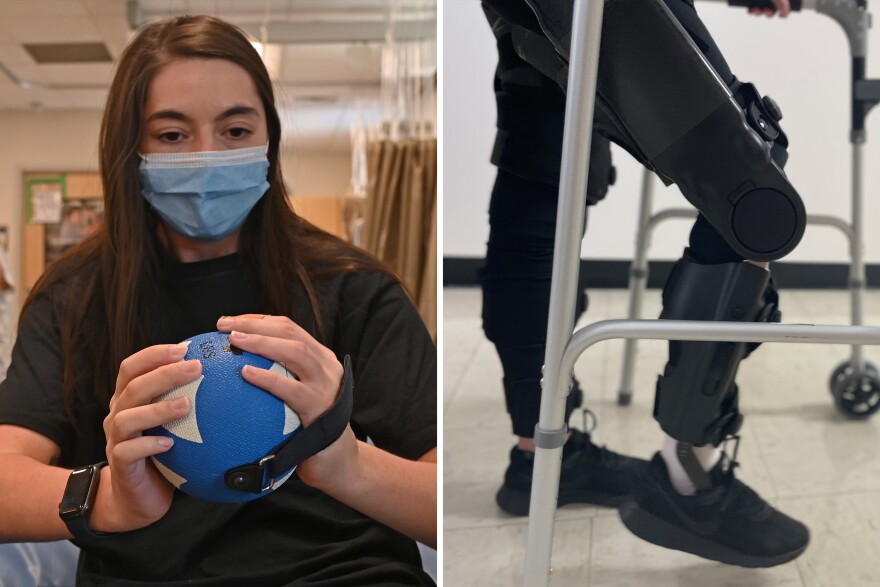As ranking member of the House Committee on Veterans’ Affairs, Rep. Mike Bost (R. Ill.), has spent more than a year in a bi-partisan push to make more funding available to researchers at the Veterans Administration. The Infrastructure Powers Exceptional Research (VIPER) Act, which he co-sponsored with committee chairman Mark Takano (D-Cal), won full house approval in mid-October.
According to Congressman Bost, the VIPER Act’s main objective is to support the VA’s core mission – giving veterans the best life possible. The bill would support programs that research PTSD. It would invest in programs such as one at the VA Healthcare System at Jefferson Barracks in Missouri that are building exoskeletons to help paralyzed veterans walk again,.
“Technology has advanced so much in my lifetime,” said Bost, “someone who would have never been able to even get out of bed before without assistance can have the opportunity to walk again.”
VA Research is the only program focussed entirely on veteran’s needs. But discoveries made by Veterans Affairs have helped people beyond just those who were injured in the line of duty.
In 1960, VA funded research implanted the first successful pacemaker. In 2007, the first powered ankle-foot prosthesis was developed. And in 2021, VA Research found links to diabetes and worse outcomes to COVID-19 infection.
“When you do this through the VA for our veterans, once that research is done, the private sector can use it for others that aren't veterans,” said Bost.
The VIPER Act would also allow the VA to efficiently recruit and retain scientists and researchers from other federal agencies and smaller universities, according to proponents. Ultimately, this would enhance the diversity of the VA workforce and increase scientific opportunities, they say.
Bost said once the bill is signed into law implementation of the Act should be quick. “We’re not building new programs, just allowing the programs that exist to move forward with more advancements,” he said.
The VIPER Act is currently moving through the Senate. According to Congressman Bost, the only hindrance to the bill getting passed is time itself.
“If the Senate doesn’t move fast enough before Congress adjourns, the House Veterans Affairs Committee will have to go through the process again of getting the Act into law,” he said.





